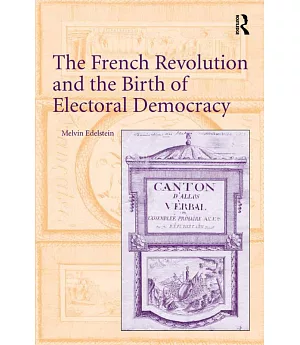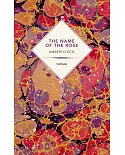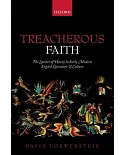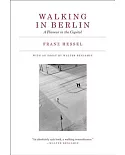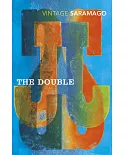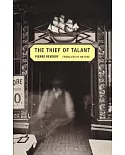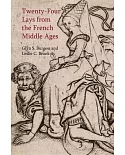Democracy is perhaps the defining characteristic of modern Western society, but even as late as the nineteenth century it was often viewed with suspicion by many who saw it as akin to anarchy
and mob rule. It was not until the French and American revolutions of the eighteenth century that electoral democracy began to gain momentum as a serious force, which was eventually to shape
political discourse on a broad, international scale. Taking as its focus the French Revolution, this book explores how the experience in France influenced the emergence of electoral democracy,
arguing - contrary to recent revisionist studies - that it was indeed the progenitor of modern representative democracy. Rejecting the revisionist semiotic approach to political culture; it
instead adopts a definition emphasizing the shared values that govern political behavior, arguing that the Revolution’s essential contribution to modern political culture is its concept of
citizenship, embracing widespread political participation. In a broader sense, the book studies the grass-roots democracy, focusing on participation in the primary and secondary electoral
assemblies. It is primarily concerned with electoral behavior and practices: how can we explain the electoral process and its results? It analyzes electoral procedures and practices, and voter
turnout, based on extensive quantitative data. While focused on political history, this work also examines political sociology, giving careful attention to the occupational composition of
elected officials. While acknowledging the democratic shortcomings of the French Revolution (the absence of political parties, electoral campaigns, and declared candidates), the book’s
comprehensive study of revolutionary elections concludes that, together with its American counterpart, the French Revolution did indeed give birth to modern electoral democracy. As such, this
book is essential reading for historians, political scientists, sociologists and readers interested in the origin of modern liberal democracy.

